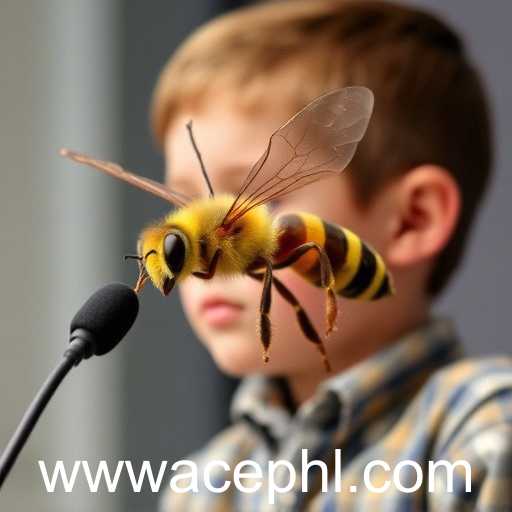Explore the integration of 'aceph' into spelling bees, highlighting the dynamic nature of language and their role in enhancing literacy and critical thinking skills among young competitors.
Spelling Bee Challenges: Decoding the Buzz Around 'Aceph' and Beyond
The modern spelling bee, a competition steeped in tradition, has captivated audiences for decades with its unique blend of linguistic prowess and high-stakes competition. The excitement of watching young spellers navigate the complexities of language is a testament to the depth and beauty of words. Recently, a new buzzword has emerged in the digital realm's spelling bee category: 'aceph.' This intriguing keyword offers competitors an exciting challenge, as they are tasked with dissecting its etymology, usage, and broader implications in the vast tapestry of the English language.
'Aceph' is typically an abbreviation or root associated with words like 'acephalous,' which means headless or without a leader. Derived from the Greek words 'a-' meaning without, and 'kephale' meaning head, 'aceph' provides a fertile ground for spelling bee aficionados, who must not only spell it correctly but also understand its application in various contexts.
The incorporation of 'aceph' into spelling challenges exemplifies how spelling bees have evolved to adapt to new linguistic trends and scientific advancements. Participants must harness their understanding of Greek and Latin roots, as well as contemporary linguistic adaptations, to excel in these contests. In doing so, they gain a deeper appreciation for the historical development and current dynamism of language.
Spelling bee competitions play a critical role in promoting literacy, critical thinking, and confidence among participants. They encourage students to engage deeply with language, fostering a lifelong love of words and learning. The addition of terms like 'aceph' enriches the competitive environment by introducing spellers to niche vocabulary that might not appear in common discourse but is instrumental in academic and professional domains.
Moreover, the global reach of online spelling bee platforms has democratized access to this beloved competition, enabling students from diverse backgrounds to participate and showcase their talents. The inclusion of words like 'aceph' underscores the importance of preparing students not only for the competition but also for participation in a linguistically diverse world.
In conclusion, the emergence of 'aceph' as a spelling bee keyword highlights the evolving nature of language and the continued relevance of spelling bees in today’s educational landscape. These competitions celebrate our linguistic heritage while preparing the next generation to navigate the rich and varied world of words.




